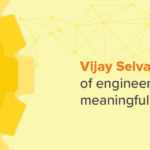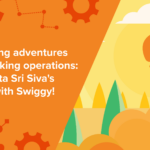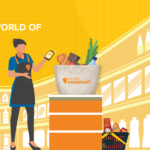Rahul Singh’s Swiggy journey is anything but ordinary. Starting out as a delivery partner, he faced unpredictable hurdles. But instead of hesitating, Rahul stepped up, turning chaos into order.
“I just wanted a steady place to build from. I wasn’t thinking about climbing fast or chasing success,” says Rahul Singh, Operations Manager. He started as a Swiggy delivery partner in Delhi and his world was simple – a helmet, a delivery bag, a 4G phone, and a route that changed daily. “I was focussed on time slots. My only aim was to complete my targets and get home.”
Slowly, his focus began to move in a different direction, because questions started to surface in his mind:
‘Why is this store always delayed?’
‘Why does this route slow down the deliveries every evening?’
‘Why are these customers always cancelling?’
With his curiosity and an innate need to take charge and solve problems, Rahul’s professional journey took a significant turn.

A Role Before a Title
Rahul took initiative. Even before his promotion to Fleet Captain, he was already helping new riders settle in. Already guiding pick-up flows. Already helping solve store-side confusion. The Fleet Captain title arrived to acknowledge the work that had already been happening. “I didn’t even realise I was being evaluated,” Rahul says. “People just started asking me for help, and I said yes.”
He saw the system as someone who could influence it. It wasn’t authority that mattered — it was access. To stores. To people. To patterns.
Rahul used that access to connect the dots and empower others.
Chaos, Rewritten — The Instamart Years
In 2021, Rahul entered Swiggy Instamart operations. It was the wild west of grocery delivery — fast, high-pressure, and still being figured out. “Instamart was like building a plane while flying it,” says Ankit Jain, his former manager. “Everyone wanted to manage the smooth pods. But Rahul? He asked for the broken ones.” Gurgaon was where he started
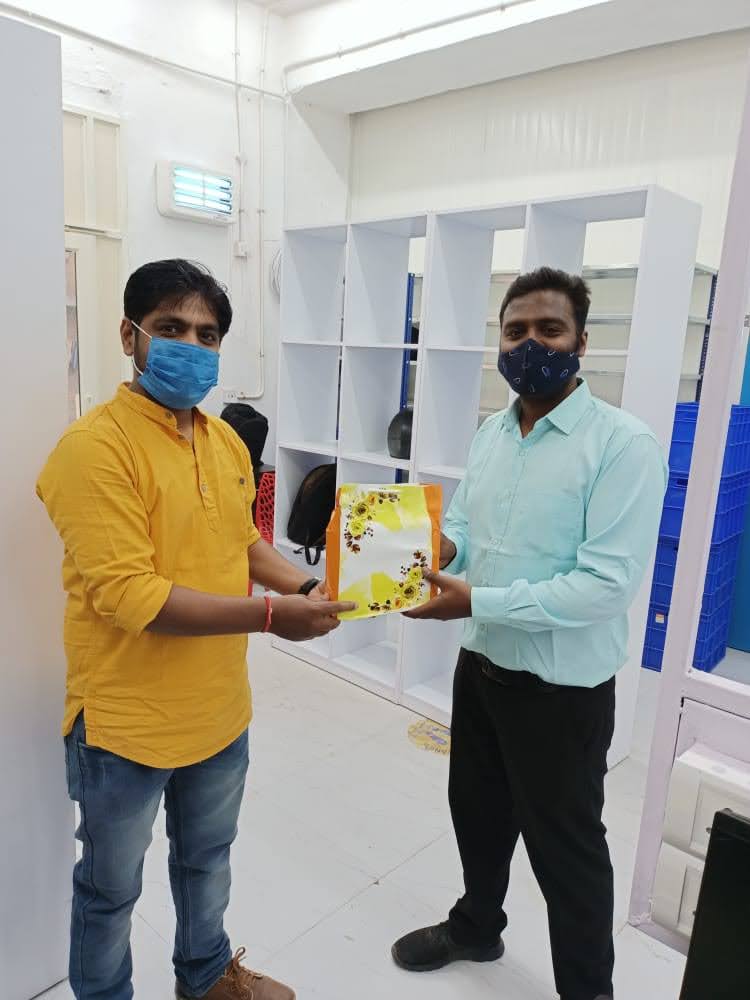
“Rahul travelled 50 km every day to sit with the team and understand gaps,” says Ankit. For 21 days, he worked from the floor with the team to solve any issues the pod faced. “If you want
people to believe in structure, you need to be part of the mess first,” he says. Rahul mapped every problem and split them across five dimensions — people, process, time, tech, and morale.
By the end of the second month, Gurgaon turned green. The pod was back on track — not with high-decibel pressure, but with low-frequency presence. “He launched Gurgaon stores, then moved to Delhi, and then to Noida. He’s always taken up the most challenging pods and turned them around,” says Ankit.
Rahul simplified the complex. And made others believe they could do the same.
The System Within the System
By the time Rahul became a Cluster Manager, his influence had expanded well beyond the pods he directly managed.
Each day, Rahul made it a point to connect personally, checking in with his team members, listening to their challenges, and spotting early signs of burnout or hesitation. “I’ve worked with managers who spoke strategy all day,” says Ghanshyam, now a Store Manager. “But Rahul would just sit next to you and ask, ‘Where are you stuck?’. That’s it. And somehow, you’d figure it out.”
Rahul’s biggest accomplishment was to multiply leaders. He helped pickers, loaders, and ASMs become store managers. By 2024, nearly 60% of Rahul’s core team had moved to elevated roles. “The real value of leadership isn’t in giving answers or pushing people. It’s in asking the kind of questions that make others think,” explains Rahul. That quiet but razor-sharp approach made him stand out amongst his peers.
The Dip and the Decision to Stay
Rahul experienced a slight dip when he moved into the Operations Manager track. “For a while,” he admits, “I felt like I was lagging. Not because I didn’t know things. But because I didn’t talk like them.” says Rahul. Then, he reorganised. “I rebuilt my systems, created personalised trackers, started documenting what worked, watched how the fastest-growing pods operated and borrowed from the best.”
More importantly, he kept asking questions. About gaps. About blind spots. About how to stay relevant. Explaining this mindset, he says, “I’ve never been afraid of saying, ‘I don’t know.’ That’s how I’ve learnt everything. Whatever I have learnt, I have written down in my notebook. Some people meditate. I write.”
A Culture Made of People Like Him
He didn’t graduate from a B-school. He doesn’t network at offsites. He still checks in on pods he no longer manages because showing up has always been his way of leading.
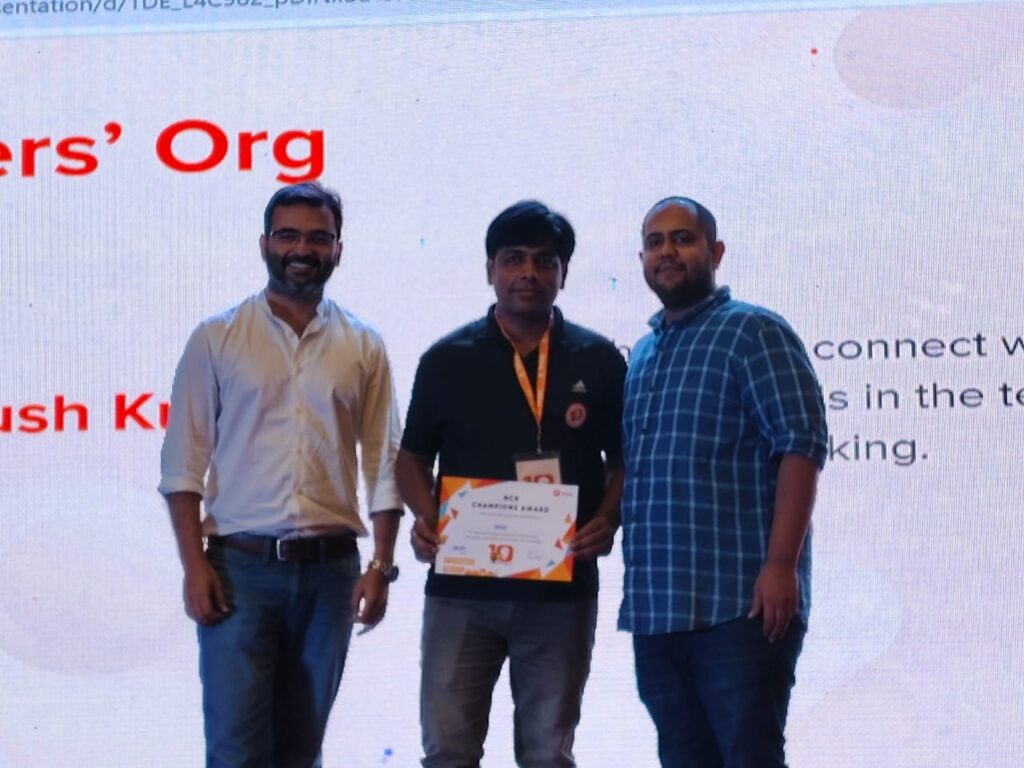
One day his son pointed to a Swiggy ad on TV and said, “That’s your company, right?” In that moment, he felt that this was proof that the work he does, matters.
With Swiggy, Rahul found a space that evaluates and celebrates skill.
To someone starting where he once did, wondering if this path could ever be theirs, Rahul has only this to say: “Don’t wait for a role to become responsible. Fix what you can see. Help those you can reach. Ask the question no one else is asking. That’s how it starts.”
Rahul’s journey reminds us that true growth is about the steady steps we take when no one’s watching.
Author Bio
Swiggy Editorial is a team of writers who work with the company's Employer Branding team.














































